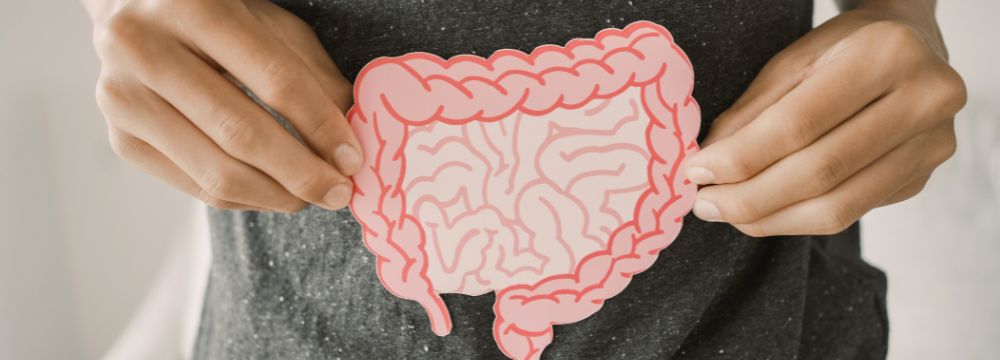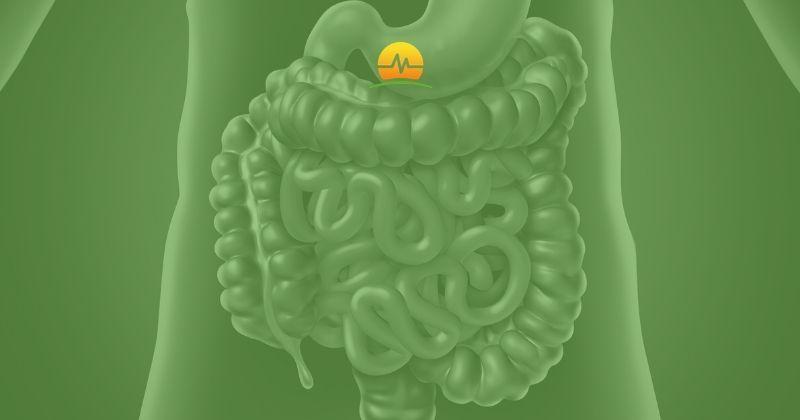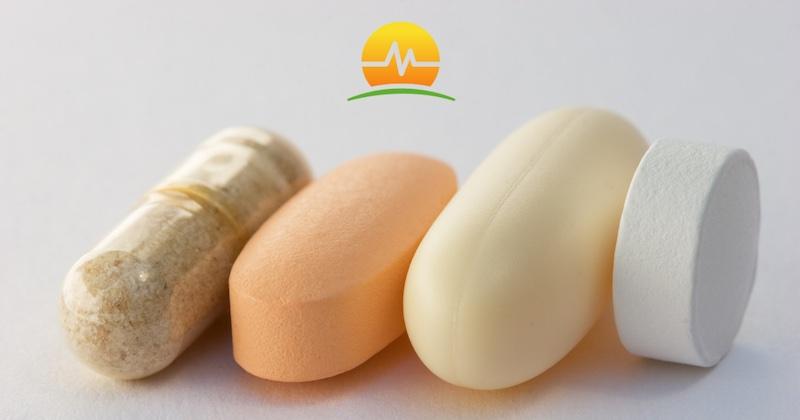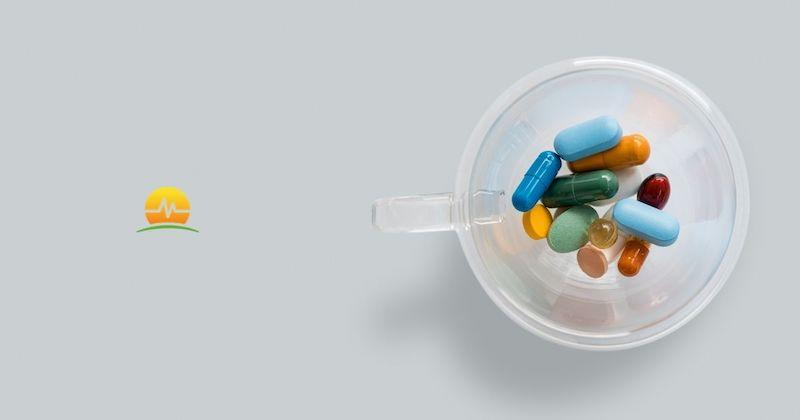
As a practice specializing in bariatric and colorectal surgery, there is plenty to discuss regarding overall health and the health of your colon. For one, excess weight and all the comorbidities that come along with it can increase the risk and even the severity of colorectal cancer. Obesity may also increase the likelihood of acquiring problematic bacterial infections, especially in hospitals. This can lead to taking antibiotics more frequently, which can alter the gut flora, creating an imbalance that has far-reaching effects.
On the other hand, losing weight is particularly beneficial to colon health. It can go a long way in rebalancing that flora and minimizing some of the most problematic colorectal problems stemming from obesity. But as we lose weight, is there a way we can ensure that we maintain our colorectal health? The short answer is, of course, yes. So, let’s talk about the best ways to sustain colorectal health after bariatric surgery.
First, Let’s Talk About Fiber
Fiber is crucial for maintaining the exceptional weight loss provided by bariatric surgery and keeping ourselves full longer. Some people get enough fiber from their food, but this is not a given after bariatric surgery when the stomach is significantly smaller and protein intake is a priority. Many patients forget that they need to get enough fiber and are often deficient, finding themselves experiencing gastrointestinal issues as a result.
Some common fiber-filled foods include complex carbohydrates like whole grains, legumes, lentils, and many fruits, including apples, berries, and more. Aim to get 25-30 grams of fiber each day. Our highly experienced colorectal specialist, Dr. Crean, suggests a low-sugar fiber supplement if you cannot reach your fiber consumption goals with food alone. This can be done by adding psyllium husk or Metamucil to your protein shake, taking fiber tablets, or using fiber gummies. No matter how you get your fiber, getting enough is critical.
Hydration
Hydration remains an integral part of every postoperative bariatric diet. On the bariatric side, hydration eliminates many issues associated with a phenomenon known as head hunger, where patients may feel hungry but are actually dehydrated. Proper hydration is also essential because it improves mental and physical acuity. Our bodies are mainly composed of water, so even a 1-2% deficit can significantly affect how a patient feels and what they can do.
Hydration is also great for the colon. It uses lots of water to generate stool and push it through the GI system. Properly formed stools are only possible with good hydration, and patients can experience constipation without adequate water intake. This is especially true after bariatric surgery due to the anesthesia and the lower food intake. Remember, we get a good amount of hydration from the foods we eat, so when we eat less, we must ensure that we appropriately replace those fluids.
Prebiotics and Probiotics
There is debate about whether prebiotics and probiotics make a difference in a patient’s health and whether they have any bearing on weight loss after bariatric surgery. Undoubtedly, after many years of eating highly processed foods, patients’ microbiomes have been somewhat sterilized, having not survived the harsh environment caused by the preservatives and sodium. We also know that the microbiome is essential for weight loss and continued overall health. However, we still do not know enough about the gut microbiome to understand what needs to be done from a supplementation standpoint with pre-and probiotics. That said, there’s also a trend in designer probiotics that can be exceptionally expensive without having any proven benefits. Many probiotic foods also provide fiber and other nutrients, such as pickled and fermented items – think, kimchi, pickles, and other nutritious foods. Thoughtful eating and avoiding sugar-probiotic drinks can make a big difference.
Exercise
Exercise is yet another critically important part of post-bariatric life. Not only does it help patients burn calories, but strength training builds muscle, ultimately improving calorie burn even at rest. Exercise is also critical to gut health, and patients will find that it improves gastrointestinal motility and makes everything run more smoothly.
The Bottom Line
So there you have it: the relationship between bariatric surgery and colorectal health is significant. Many patients will have plenty of gut flora issues due to years of poor eating and exercise habits. Bariatric surgery can go a long way toward restoring the floral balance in the gut. However, patients should be mindful that this will take time and should not try to push their progress using foods or drinks that may not be as healthy as they think. Following common sense recommendations from your bariatric practice after surgery will go a long way to improving gut health, and prioritizing gut health is critically important to long-term weight loss and health.









